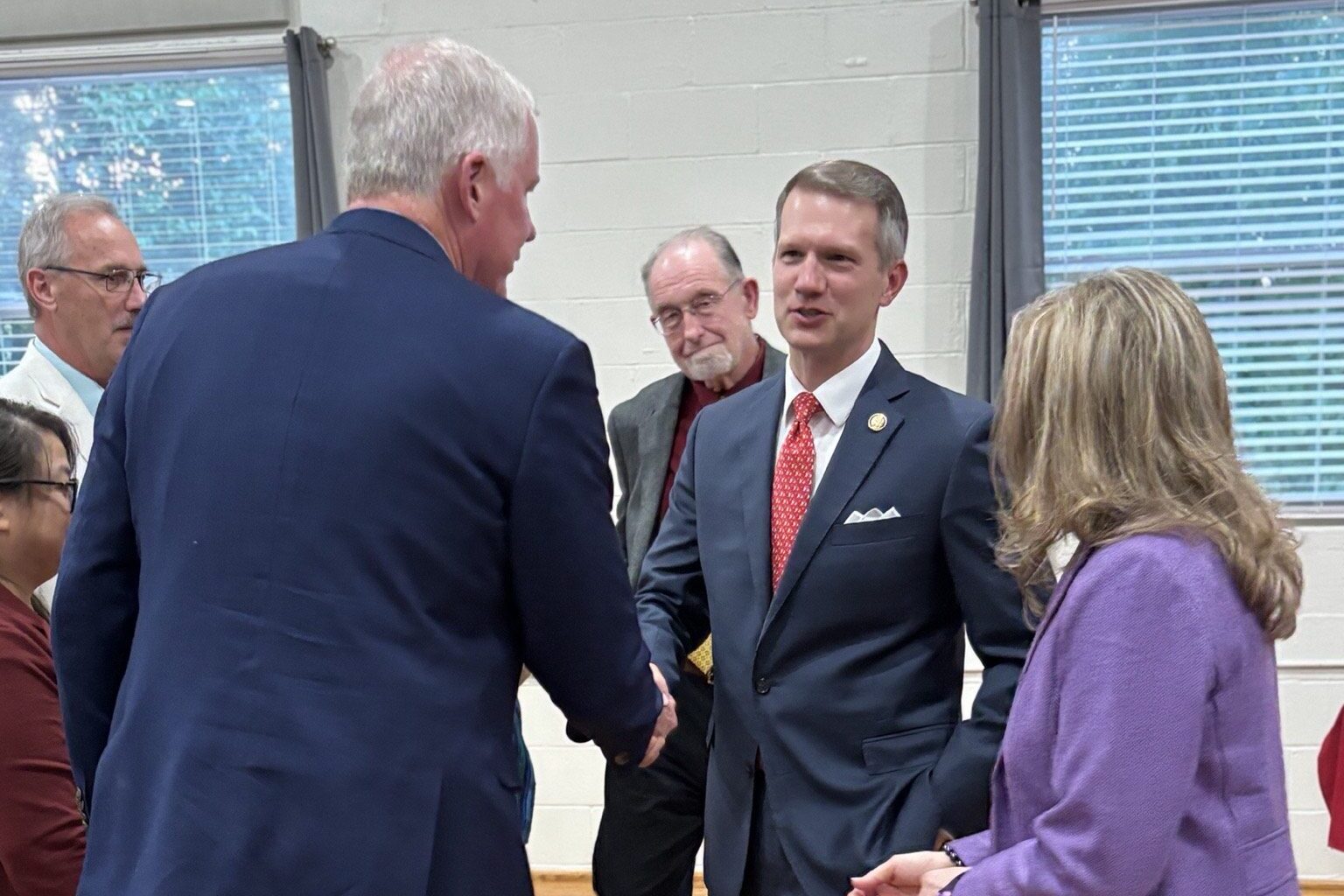Members of Congress argued that work requirements for Americans who get health care through Medicaid would help get lazy people off the couch.
For example, Rep. Riley Moore, R-W.Va., said, “Yes, if individuals don’t want to look for jobs, if they don’t want to look for work, then yes, you could lose Medicaid. But this is fairly straightforward and simple.”
This plan will cost an estimated tens of thousands of working, disabled and low-income West Virginians to lose that care.
Congress passed a gargantuan new law earlier this month that makes sweeping changes and nearly a trillion dollars in cuts to Medicaid.
Experts say the work requirements provision will remove millions of people from the insurance program — because of crushing red tape requirements, not because they aren’t working.
Here’s what West Virginians need to know:
What are Medicaid work requirements?
The law generally requires people on the Medicaid government program to either work, go to school, volunteer or participate in work programs for 80 hours per month.
Certain people are exempt, including people who are pregnant, caretakers of disabled family members and the very ill.
The law applies to roughly 80 million people nationwide, including about 23 million covered by a 2014 Medicaid expansion for lower-income adults.
West Virginia’s GOP representatives in Congress, Sens. Shelley Moore Capito and Jim Justice, and Reps. Riley Moore and Carol Miller all voted for the legislation.
What has happened in places that have tried this approach?
In 2018, Arkansas implemented work requirements. Researchers later found no significant change in employment among recipients.
But within months, 18,000 people lost health coverage.
Leo Cuello, a Medicaid policy analyst at the Georgetown Center for Children and Families, said many didn’t know about the work requirement.
In Georgia, policymakers implemented a new policy in 2023 making hundreds of thousands of new people eligible for Medicaid.
They also had to meet income requirements and prove they were working or volunteering.
Analysts have found, of hundreds of thousands of eligible people, only about 8,000 have enrolled and shown they’re eligible by completing lengthy applications that some people have difficulty understanding.
Some lost coverage because of requirements to report their hours and upload documents like pay stubs monthly. People without computers couldn’t find in-person support at offices or get someone on the phone.
“Imagine someone who does yard work in their neighborhood or cleans houses and gets paid in cash,” Cuello said. “How are they going to prove that they are working?
West Virginia hasn’t tried requiring Medicaid recipients to work. But state officials enacted work requirements for people who rely on food stamps.
A limited review by the West Virginia Center on Budget and Policy found no effect on the unemployment rate. But people who lost food stamps were found to lack shelter, computers and vehicles.
What will happen to people who rely on Medicaid for health care?
Cuello, of the Georgetown Center for Children and Families, said the argument that passing the bill will get people off the couch is just a talking point.
He referenced a report by KFF, a news and health analysis nonprofit, which found that in 2023, a vast majority of adult Medicaid enrollees were workers, students and people with disabilities.
“And what ‘saves’ $326 billion in this bill is taking health insurance away from all of these types of people,” Cuello said. “You don’t save $326 billion by targeting only a few people supposedly on a couch.”
He said, “It saves money precisely because it fails – as millions of people lose access to health insurance, the ‘savings’ for the federal government pile up.”

